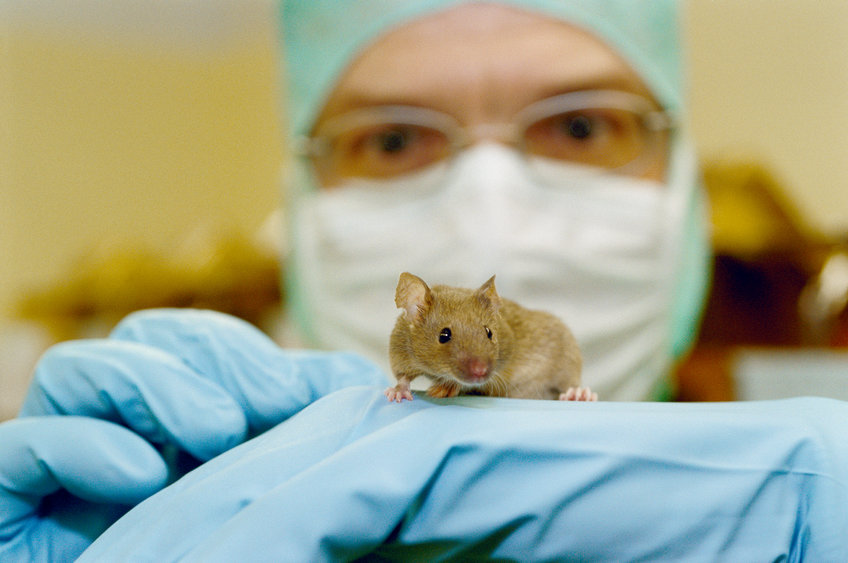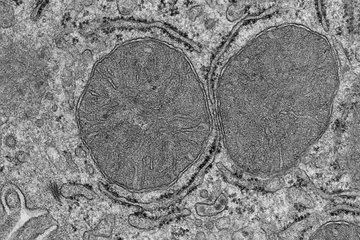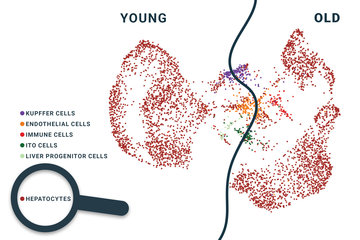
Knowledge for the benefit of humans and animals
The urge to discover new things and understand the world is as old as humanity itself. The pursuit of knowledge is a moral obligation, as it enables people to realize the consequences of their actions – people can only act responsibly if they are aware of the possible outcome of their activities.
Basic biological and medical research is not just about gaining knowledge, however; it is also a prerequisite for the development of new methods for the diagnosis and treatment of diseases. While researchers can analyze blood in a test tube or study a beating heart in the laboratory, the factors that regulate blood pressure can only be studied in a living organism.
For this reason, if they are unable to carry out research directly on humans for ethical reasons, scientists study the interaction between molecules, cells and organs in laboratory animals, which are specifically bred for the purpose. This is possible thanks to the great biological similarity between humans and animals: their genes, cells and organs often fulfil the same or similar tasks. Many diseases that pose a threat to humans also arise in animals: dogs suffer from diabetes, and mice and rats can develop high blood pressure, cancer and infections. Despite the differences between humans and animals, basic research can lead to new treatments – for the animals, too: almost 90 percent of the drugs used in humans and pets are identical.












